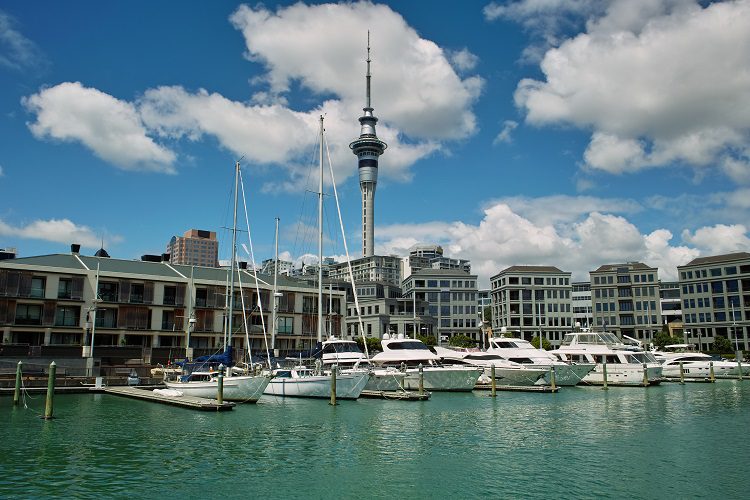In late March 2017, Auckland Council was abuzz with presentations and arguments both for or against a targeted rate on accommodation providers. The potential rate was part of the council’s 2017/18 annual budget, and it’s drawn a great deal of attention from those in the motel/hotel niche as well as from other types of business owners across the industry. One worry is that, should the targeted rate pass in Auckland, it begins a slippery slope with dire financial consequences that could impact hotel, bar and restaurant owners across New Zealand.
The What and Why of the Auckland Targeted Rate Proposal
Auckland Council is proposing a targeted rate on accommodation providers – specifically hotel and motel owners – as a way to help fund tourism promotion for the area. Rates previously collected from residents and local businesses and earmarked for tourism might then be funnelled into infrastructure developments such as improvements in transportation.
The council originally argued that a rate increase on accommodation providers was fair because it believed that most hotels and motels received the bulk of their business from tourism. Better tourism promotion, went the logic, benefited these specific accommodation providers more than residents or other types of local businesses. The total funding the council is looking for out of this new targeted rate is $20 to $30 million a year, and its plan is to levy the fee on various hotels and motels according to each business’ capital value.
How Does a Targeted Accommodation Rate Affect Businesses?
Hospitality NZ and other niche organisations responded to the proposal quickly, citing numerous statistics and anecdotes to show how the targeted rate might impact businesses. Hospitality NZ estimates that some businesses could see an increase in total fees of 150 to 300%. One motel owner noted that her family lived at the property they ran, which means they would have to pay double fees and expect to see significant financial distress if new fees were implemented. The family already pays close to $30,000 annually in fees, and a targeted rate would only cause the amount to rise.
Any type of rate increase drives up overhead for businesses, making companies less profitable. In the hotel and motel niche, an increase moving from one year to the next can be disastrous. Many accommodation companies survive on long-term contracts with business or government agencies, and they provide services and rooms for set prices. For those companies, tourism dollars do little to drive business and paying an increased rate that wasn’t budgeted for in contract negotiations could turn profitable agreements into unintentional loss leaders.
Learnings for Other NZ Accommodation Businesses
Some in the industry fear that a targeted rate passing in Auckland opens the door for more of the same elsewhere. Other councils might see these rates as a convenient way to boost revenues and reduce tax and fee income elsewhere, councils could even turn to other accommodation businesses such as bars, restaurants and attractions to fund efforts related to tourism.
If this occurs, accommodation businesses across the region could see values creeping downwards. Professionals and business owners in the industry can help keep targeted rates from pushing everyone down a slippery slope by:
- Educating themselves on targeted rates and keeping an eye on local situations that affect industry revenues and procedures
- Writing to or speaking with council members about these issues
- Attending meetings or presentations to show support for accommodation businesses
- Talking with other business owners and residents to ensure they understand how detrimental targeted rates can be to hotel and motel businesses.
For further information about this article, contact your nearest LINK Business Broking office at:

